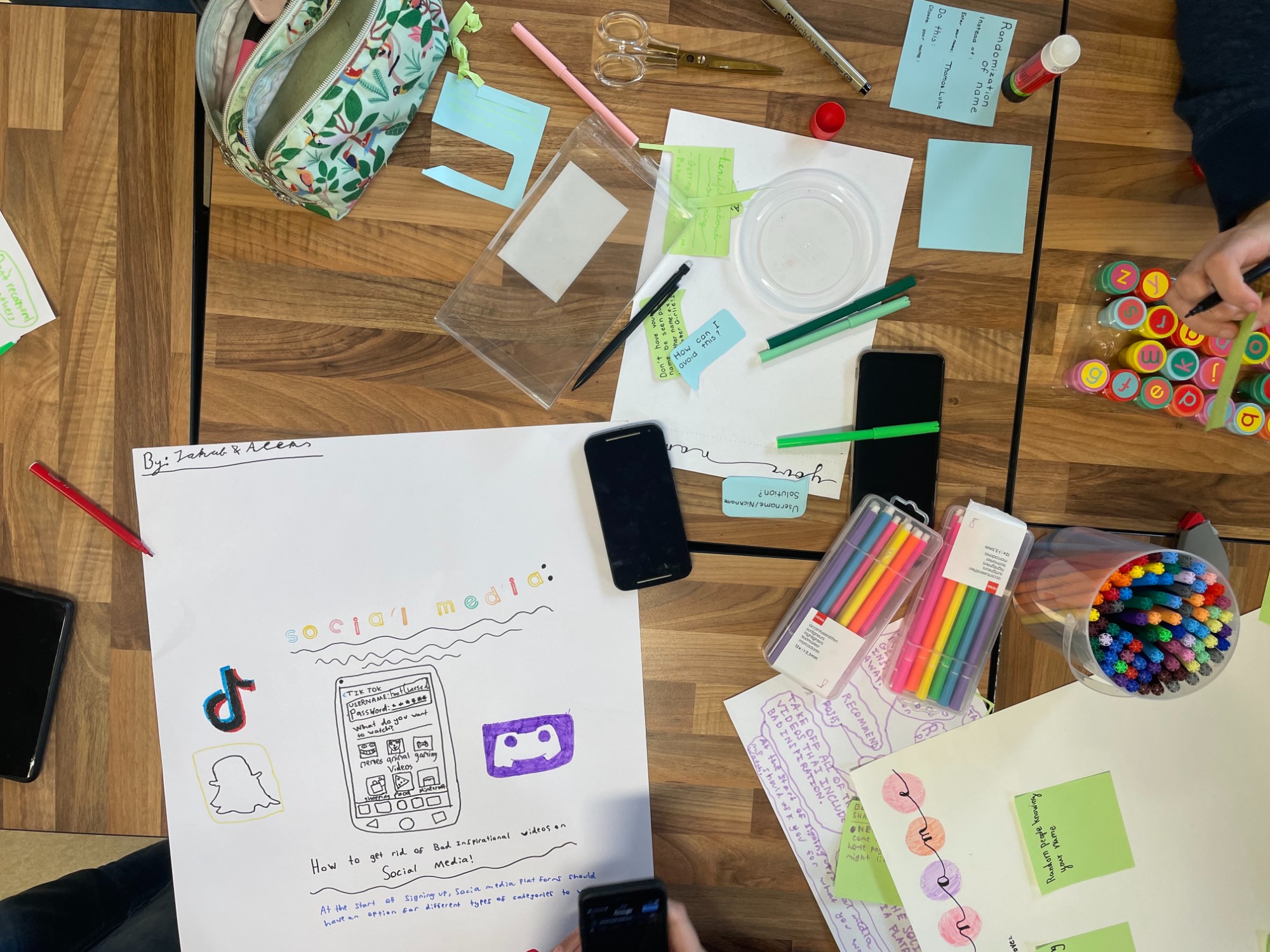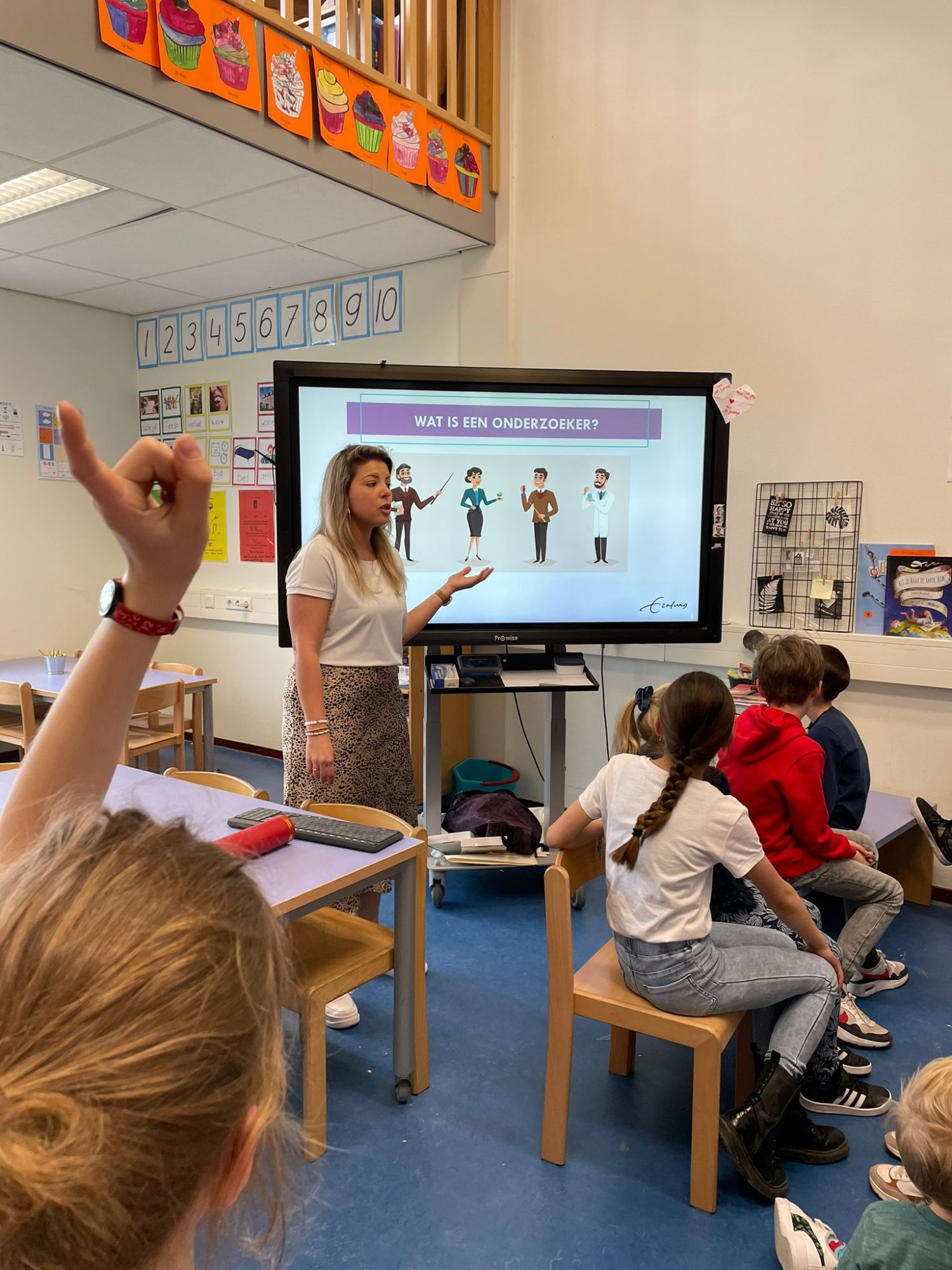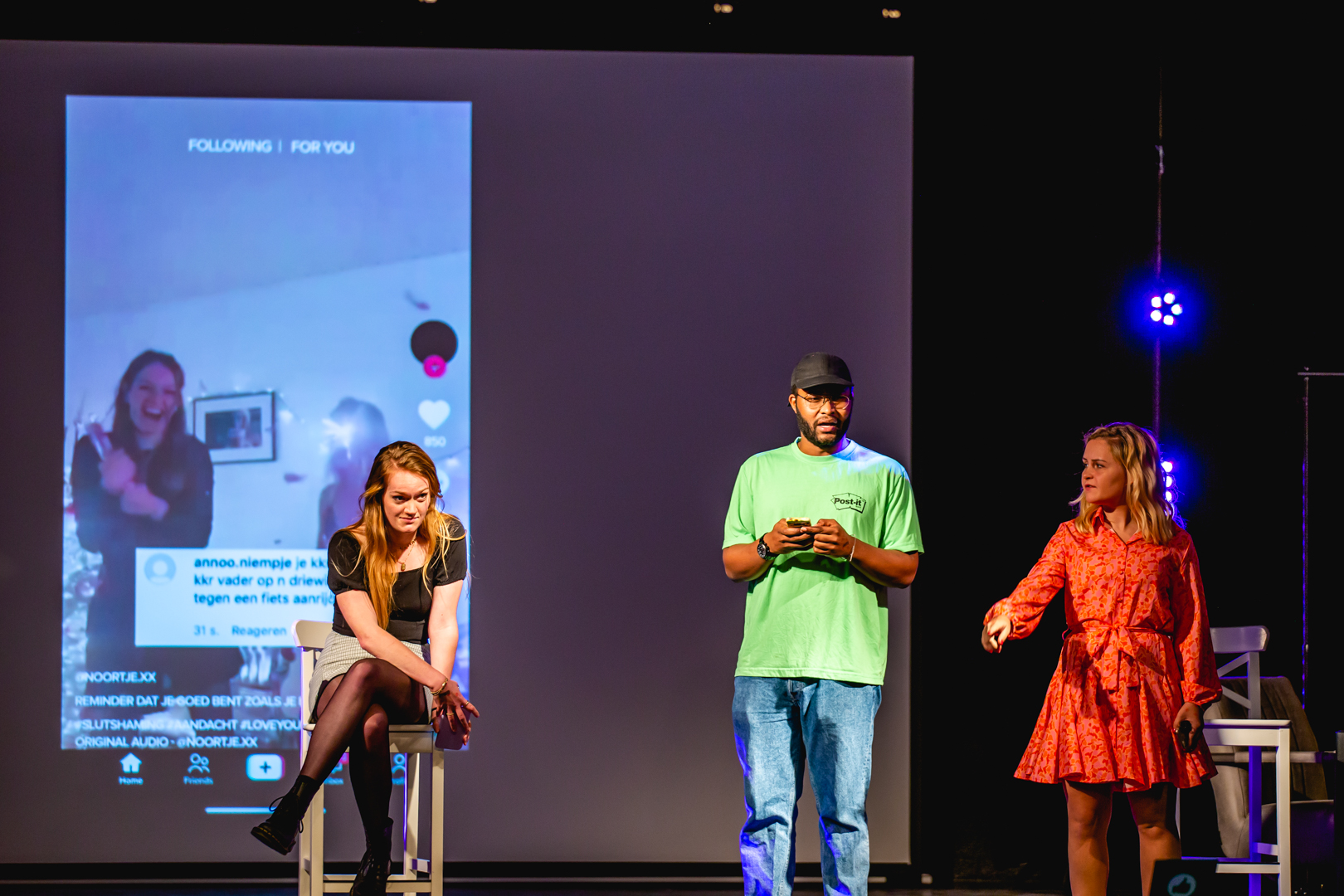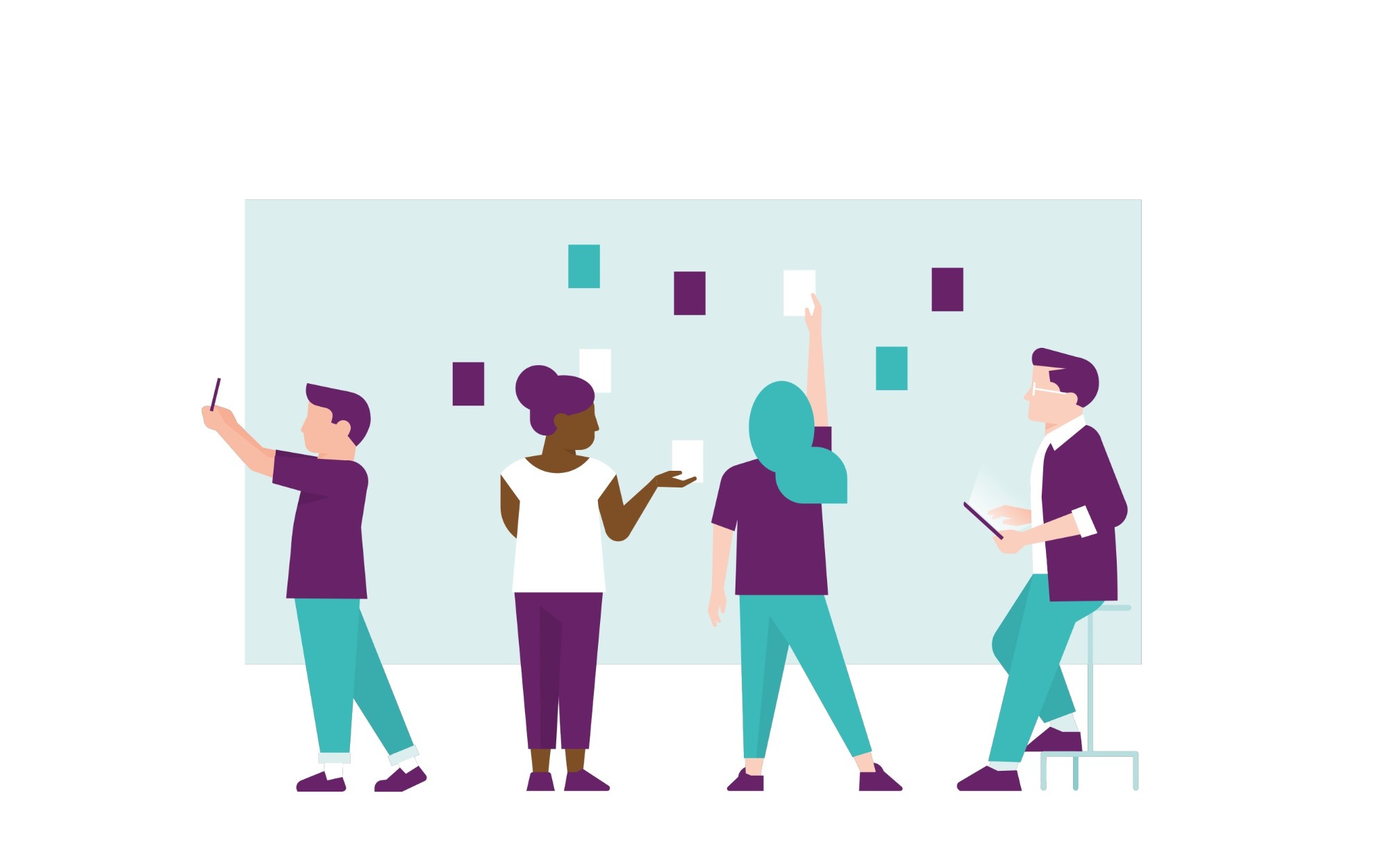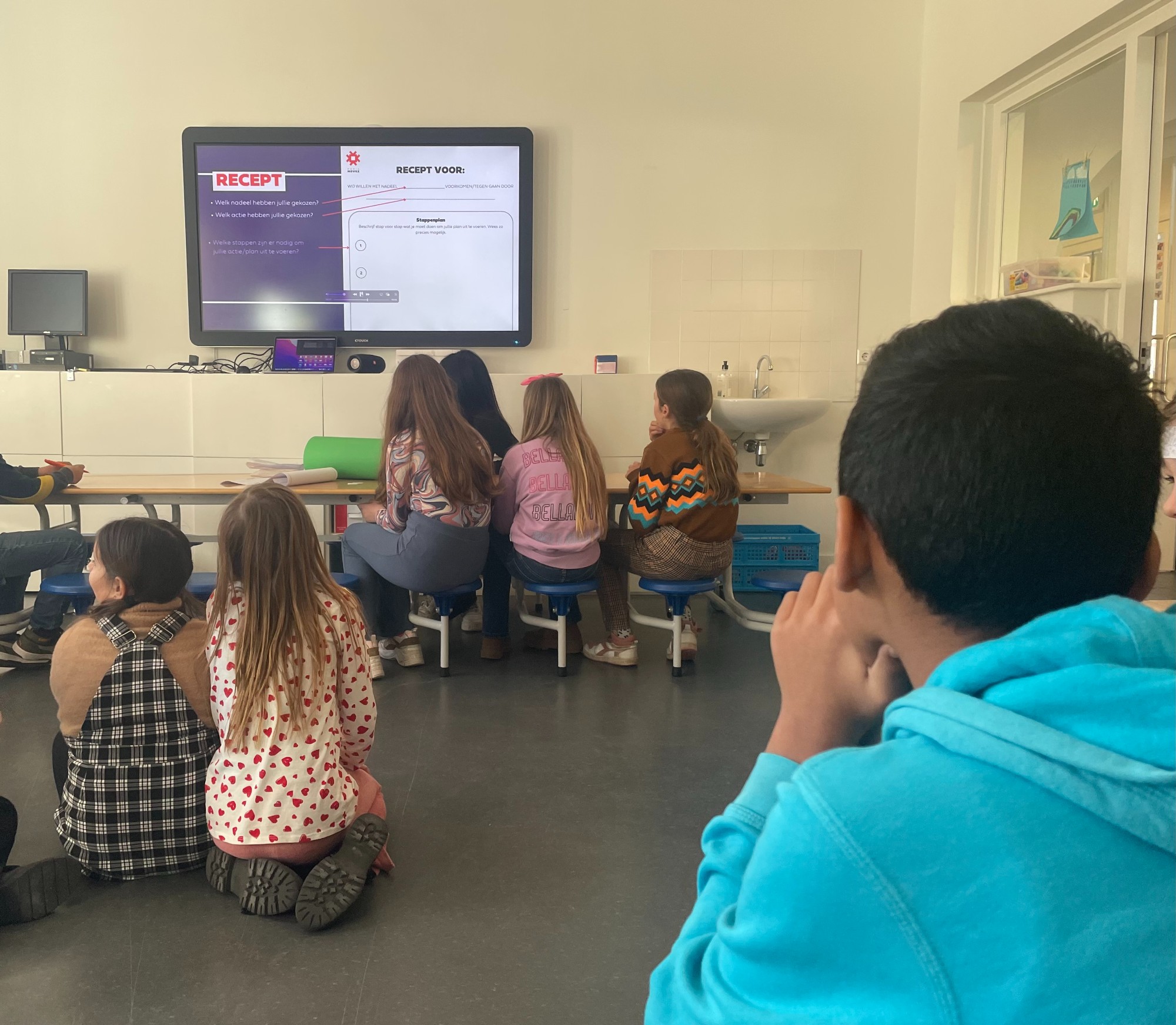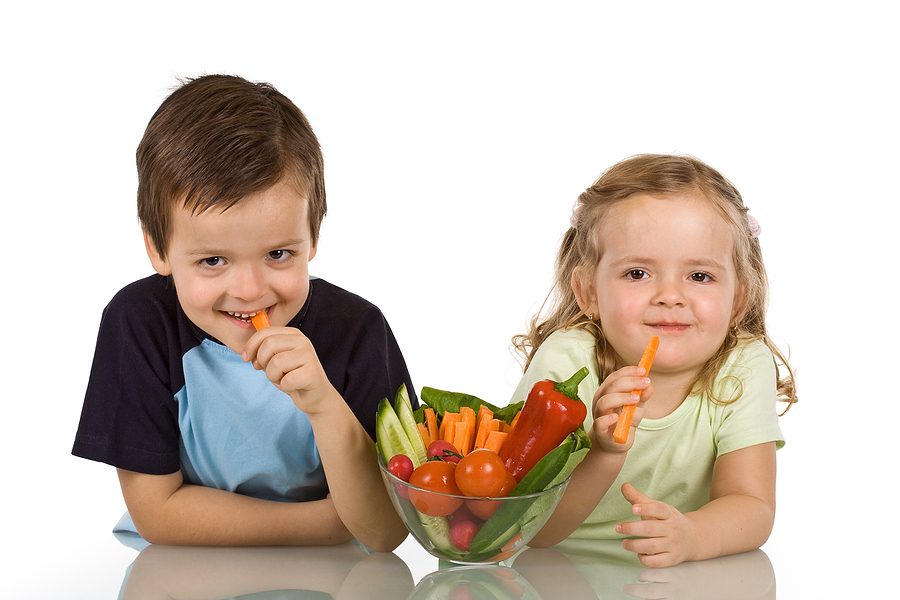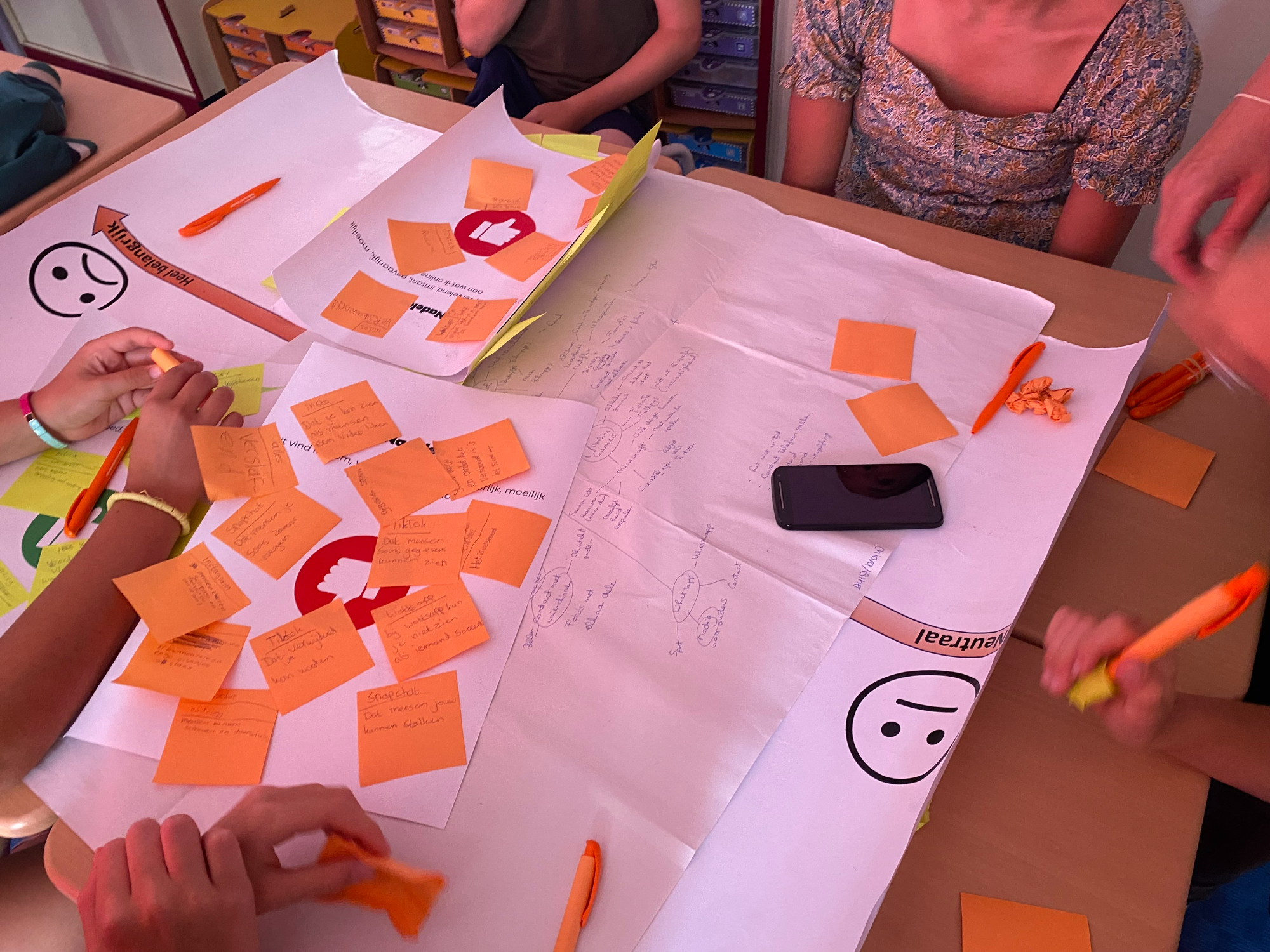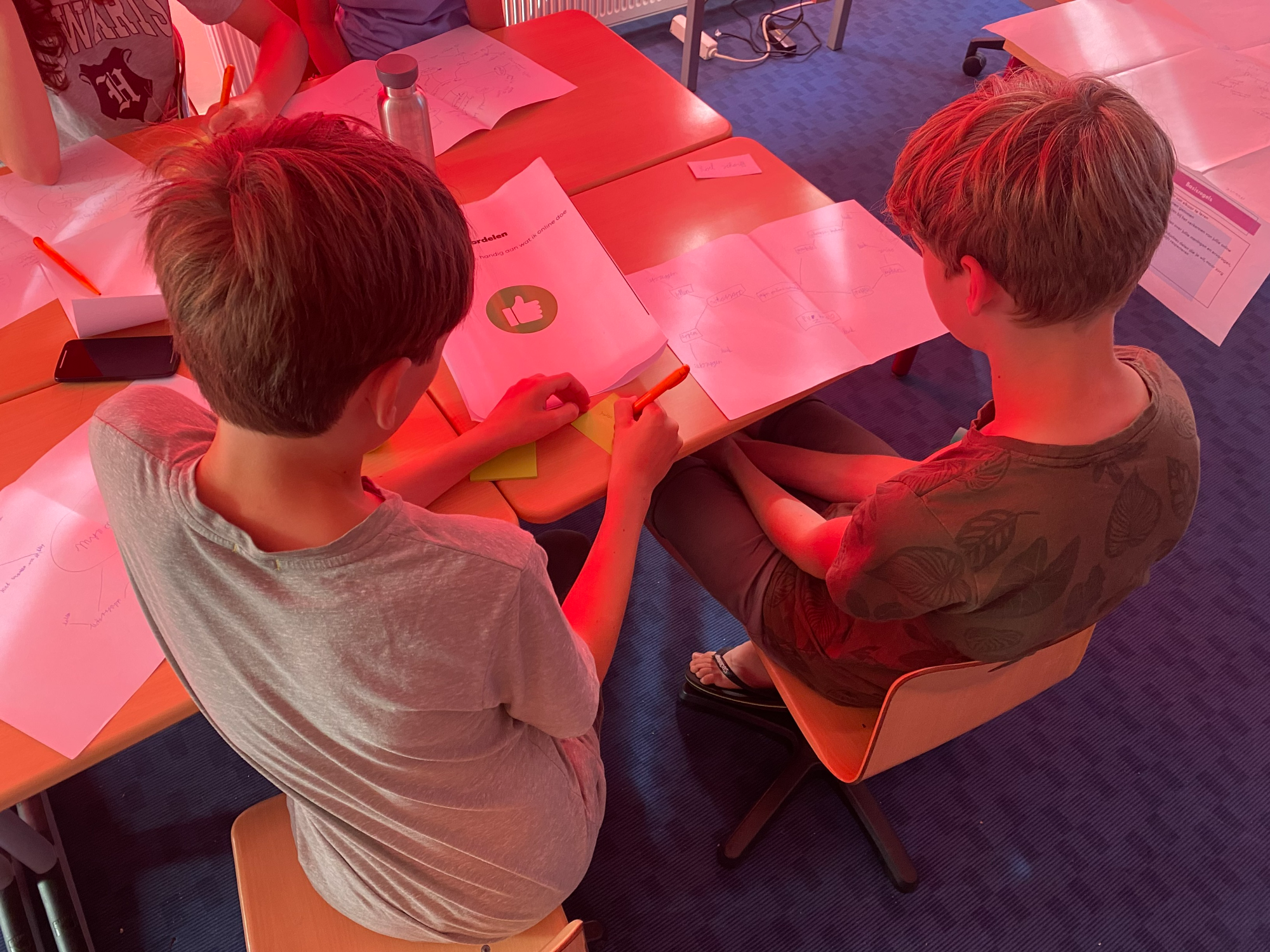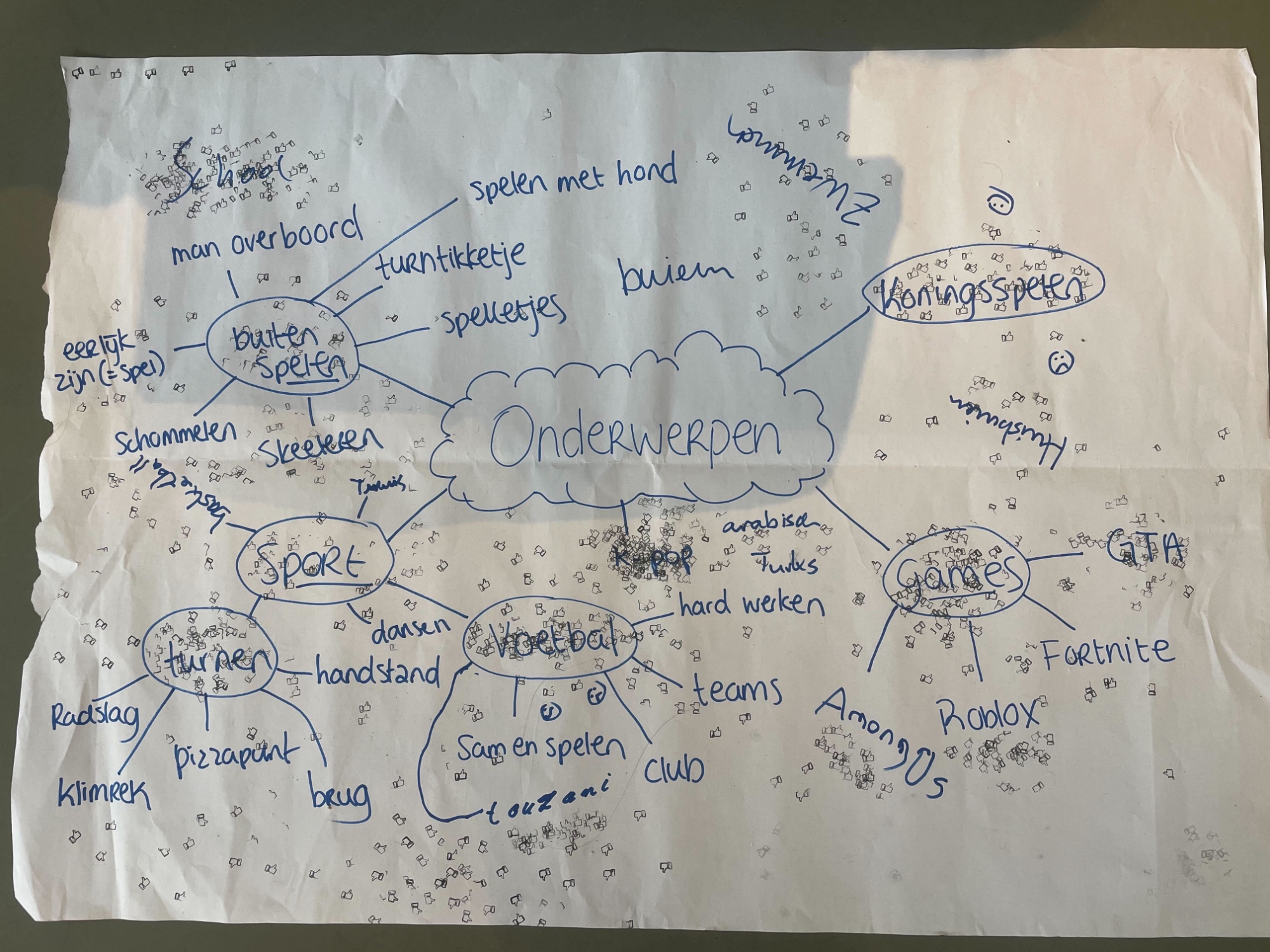It is bound to happen regularly: students with mobile phones or smartwatches in the classroom. Today's youth use many different digital media. They can learn and connect easily, but there can also be disadvantages to using digital media technology. Within the Movez network, we work together with the youth to explore how we can empower them to become smart, healthy and happy users of media. We aim to make a contribution to society together with youth.
Do you want to gain more insight into your students' digital media use and wellbeing, or take part in one of our projects with your students? Then take a quick look!


